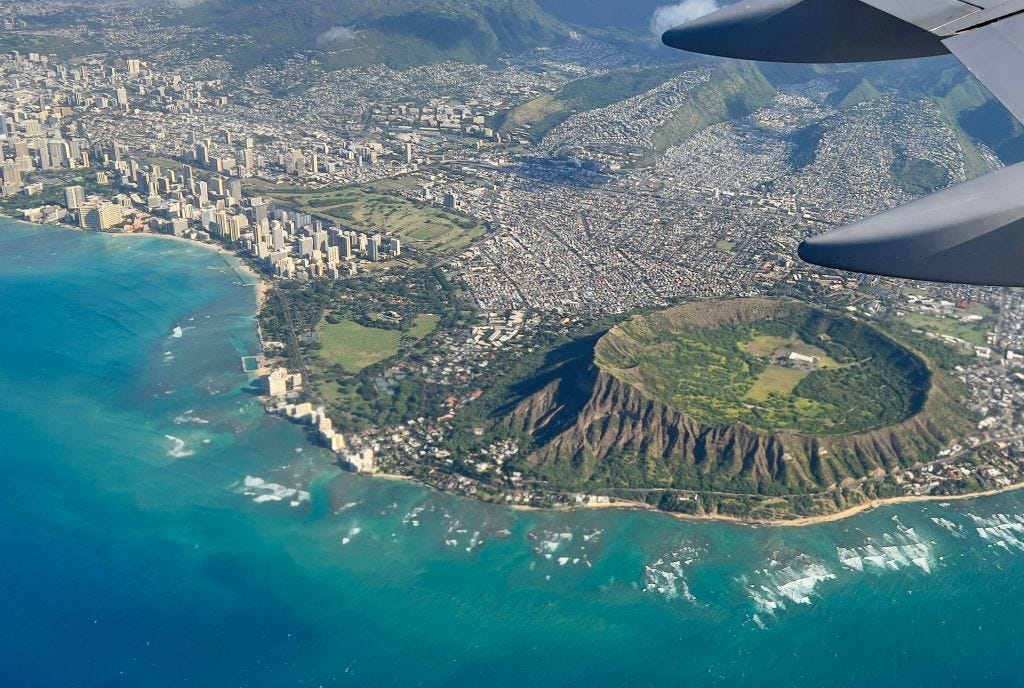My name is Ed Higgins and as of February 1st, I have just finished my 2022 Knauss Fellow placement in the Office of Senator Schatz. I had an amazing year through the Knauss Fellowship and I am so grateful for the experience.
I defended my PhD in freshwater microbial ecology in September 2022 (whew!). My dissertation explored how freshwater mussels interact with microbes in the riverbed to cycle nutrients through different forms. These nutrient cycles have huge impacts on how ecosystems work, especially when humans can put so much excess nutrients into the watershed. The ability of freshwater mussels to impact ecosystems function is a key part of convincing the public that they’re important to conserve. By understanding the “ecosystem services” provided by mussels and other animals, we can better argue on their behalf.
Pictured below is one of the mussels I studied, Amblema plicata (photo not mine).

Ecosystem services provides an interesting topic to discuss conservation with policy makers. I spent a lot of time in graduate school thinking about how to best affect change with what I knew about science. Reporting conclusions is a crucial part of the scientific method and conducting outreach to the public and to policy makers is part of it. The Knauss Fellowship gave me a direct route to convey the importance of science and its findings directly to the center of the US Federal Government!

Senator Schatz works for the state of Hawai‘i. As a New England native transplanted to Oklahoma for graduate school, I had very little knowledge of Hawaii. I had a year long crash course in Hawai‘I culture and policy. In the Schatz Office, I had the opportunity to work on both federal and local policy. Local policy involved a lot of stakeholder engagement and funding opportunities for small scale projects through the appropriations process. I got to travel to Hawai‘i and meet several of the constituents who’s conservation projects were funded by the office! Federal policy ranged from passing legislation on coral reef health (which was a collaborative effort among several Senate offices to pass one of the largest package of legislation dedicated to ocean health) to developing legislation to support the use of cattle feed additives to reduce methane emissions.
Overall, this year has been insanely rewarding, especially working in the legislative branch. I learned an immense amount about the legislative process, improved my writing, and made a lot of new friends. It has only increased my passion and commitment to working in federal policy. I am grateful to Texas Sea Grant, National Sea Grant, my mentor in the Schatz Office, and of course all of the Knauss Fellows in my cohort.